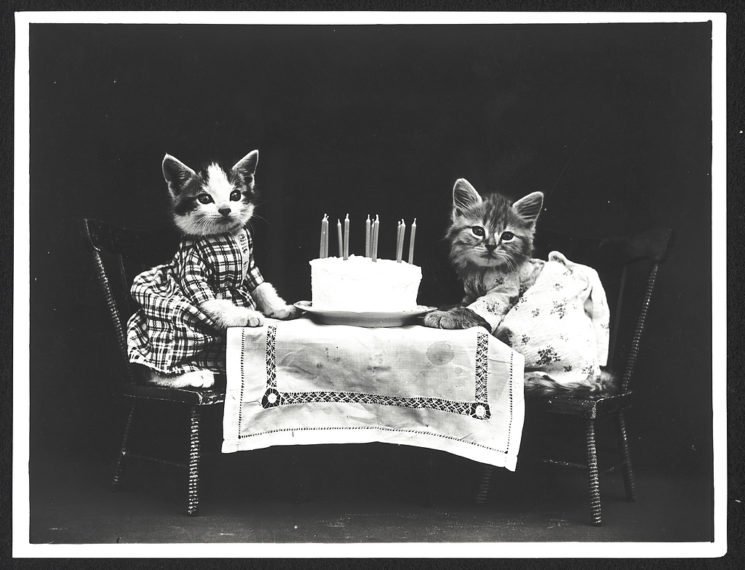A Project
About the history of domestic science, and the women who led it.
Our preoccupation with the history of women and the home kitchen is how A Woman’s Place was born. We are Stefanie and Daisy, two graduate students in the Food Studies program at New York University. In the spring of 2020 we were working on domestic science history essays and found ourselves coming up against a problem. While figures like Ellen Richards and Catharine Beecher are well documented, there was starkly little information available on other women who made huge contributions to domestic science. Why were Maria Parloa, a culinary entrepreneur, and Marion Harland, a bestselling author, hidden in the footnotes? Most troublingly: where were all the non-white, non-wealthy voices?
To try to answer these questions, we wrote eleven profiles of women who helped define domestic science. We define domestic science broadly, as the late nineteenth century movement in which women sought to professionalize the caretaking responsibilities historically assigned to them. By authoring cookbooks, opening schools and teaching cooking classes, they elevated this work into a serious and consequential discipline.
Roadmap
Here, however, we are less concerned with what domestic science was than who was doing it. This project includes Richards and Beecher, because a consideration of this portion of history is incomplete without them. We have also included Parloa, Harland and Louisa Knapp Curtis as central figures, rather than peripheral ones. The remainder of our profiles feature Black women educators, cookbook authors and activists. Margaret Murray Washington, Lucy Craft Laney, Abby Fisher, Malinda Russell, Nannie Helen Burroughs and Janie Porter Barrett shaped domestic science in ways that are not always considered as significant as those of their white, Bostonian contemporaries.
Additionally, in an effort to place this project within a larger historiographical context, we have written an essay on the past and present state of domestic science scholarship. We also spoke with Reem Kassis, a Palestinian cookbook author, to get a glimpse into how notions of domesticity and parenthood play out in a twenty-first century kitchen. Lastly, you’ll find chronicles of our forays into nineteenth century cooking, via Bread Jelly for the Sick and A Cheap and Dainty Lunch.
Leading Scholars
Of course, our effort to adopt a more intersectional lens is not new. This project simply follows the lead of scholars who have been championing the history of Black women educators and culinary figures for decades. Sheena Harris recently published the first and only biography of Margaret Murray Washington. Linda M. Perkins is an intersectional scholar focused on Black women and higher education. Jacqueline Anne Rousse was a leading authority on the origins of Southern Black women’s activism. Psyche Williams-Forson uses food as a tool to examine broader issues of race, gender and class. Toni Tipton-Martin writes prolifically and richly on Black food culture and history. Their scholarship has heavily informed our project. For a fuller list of experts on the intersection of race and domestic science, please see our Resources page.
What’s Next?
There are undoubtedly numerous other scholars and writers concerned with these subjects. If there is an expert we have left out of our citations, let us know! The beauty of a digital project is its fluidity, and we welcome your feedback. We’ll be updating and evolving this project continuously, and we hope to crowdsource not just further resources but also more women to profile. We have started with this cohort of eleven but intend to expand it. The further into this project we get, the more questions we seem to have: what was the role of domestic science in the western United States? Where are the immigrant voices? How were Latinx, Asian or Indigenous women involved in this movement? What about queer women?
If you have a story or a person you’d like to see included here, we are eager to hear from you. In the meantime, we hope you enjoy the work we’ve done so far.
About Us
Stefanie Goldberg
Stefanie is a creative based in NYC. A soon-to-be graduate of the Food Studies master’s program at New York University, her research focuses on using the science of bread to explore understandings of self-identity, growth, and community among children.
Daisy Zeijlon
Daisy is a recent graduate of the Food Studies program at New York University, where her research focused on the cultural and political intersections of food and gender.

